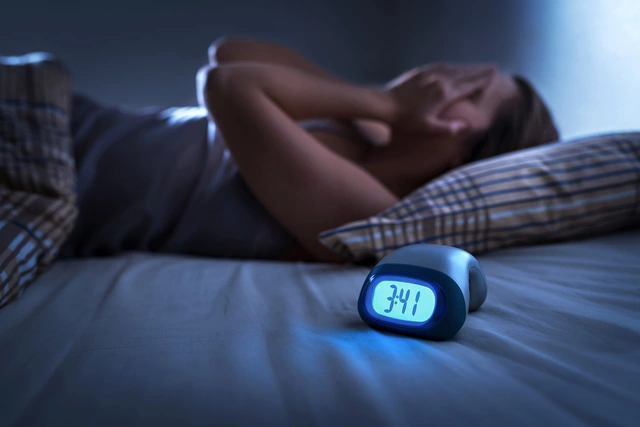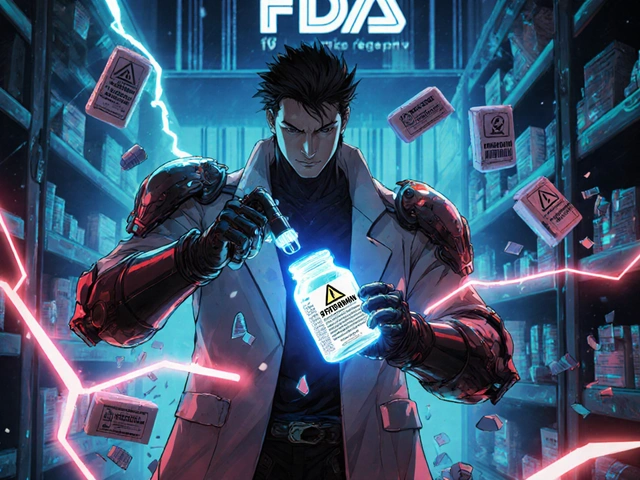Dehydration: Causes, Risks, and How to Stay Properly Hydrated
When your body loses more fluid than it takes in, you're dealing with dehydration, a condition where insufficient water impairs normal bodily functions. Also known as fluid deficit, it doesn't just mean a dry mouth—it can throw off your electrolytes, spike your heart rate, and even land you in the hospital. Many people think dehydration only happens in summer or after intense workouts, but it can creep up quietly from everyday habits: skipping water because you're busy, taking certain meds, or even just breathing too fast in dry air.
Electrolytes, minerals like sodium, potassium, and magnesium that help regulate fluid balance and nerve function are often the hidden piece people miss. Sweat isn’t just water—it carries these out with it. That’s why drinking plain water alone won’t fix dehydration after heavy sweating or illness. And if you’re on a medication like an SGLT2 inhibitor, a type of diabetes drug that pulls sugar and water out through urine, you’re at higher risk. These drugs increase urine output, so even if you feel fine, you might be slowly draining your body’s fluids without realizing it.
Heat illness, kidney problems, vomiting, diarrhea, and even excessive caffeine can all lead to fluid loss. Older adults often don’t feel thirsty until they’re already dehydrated. Kids lose fluids faster. People with chronic conditions like diabetes or heart failure are especially vulnerable. And here’s the thing: mild dehydration can make you tired, foggy-headed, or irritable—symptoms you might blame on stress or lack of sleep.
The good news? Preventing it doesn’t require fancy drinks or strict schedules. Just drink when you’re thirsty, keep a water bottle nearby, and pay attention to your urine color—pale yellow means you’re likely good. Dark yellow or amber? That’s your body waving a flag. If you’re on meds that increase urination, talk to your doctor about adjusting fluid intake. If you’ve had a stomach bug or spent hours in the sun, don’t wait for thirst to kick in—start rehydrating early.
What you’ll find below are real, practical guides on how dehydration connects to common medications, what symptoms to watch for, and how to manage it without overcomplicating your life. From diabetes drugs that pull water out to signs you might be missing, these posts give you the clear, no-fluff info you need to stay safe and hydrated.




